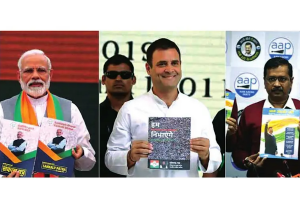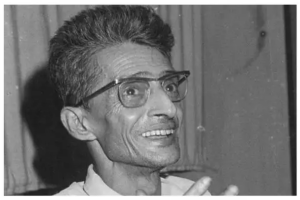In a major setback for Maharashtra Chief Minister Devendra Fadnavis, the Supreme Court on Tuesday set aside the Bombay High Court order that prevented the BJP leader from facing trial for allegedly failing to furnish details of two pending criminal cases in his election affidavit in 2014.
A bench headed by Chief Justice Ranjan Gogoi set aside the Bombay High Court order which had given a clean chit to Fadnavis and had held that he did not deserve to be tried for the alleged offences under the Representation of Peoples (RP) Act.
The high court had dismissed the plea that sought annulment of Maharashtra CM Devendra Fadnavis’ election to the Assembly alleging non-disclosure of two pending criminal cases against him.
The apex court has allowed the trial court to examine if he concealed criminal cases in the nomination papers filed.
A complaint was filed by Satish Ukey against Fadanvis in the magistrate’s court seeking his prosecution for not disclosing all the details of pending criminal cases.
The case was quashed by the High Court. Then, the petitioner filed the appeal in the apex court.
On July 23, the top court, while reserving the verdict, had said that the alleged “omission” by Fadnavis of not disclosing information about two criminal cases in his election affidavit may be decided in the trial.
The apex court had said that it was concerned with a limited issue whether prima facie Section 125A of the RP Act is attracted or not.
The provision deals with the penalty for “filing false affidavit” and says that if a candidate or his proposer fails to furnish or gives false or conceals any information in his nomination paper on issues like pending criminal cases then the person may be awarded six months jail term or fine or both.
Ukey had contended that a candidate was under mandatory legal obligation to disclose details of all cases, in which either charges have been framed or the trial court had taken cognizance, in the nomination papers.
The two cases of alleged cheating and forgery were filed against Fadnavis in 1996 and 1998 but charges were not framed.
With the top court allowing the appeal, the complaint will be revived before the magistrate’s court as per procedure. Although, this direction will have no bearing upon the forthcoming Assembly elections in the state.
(With agency inputs)











